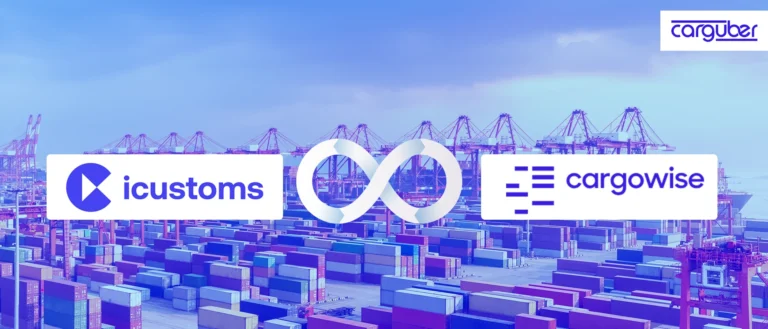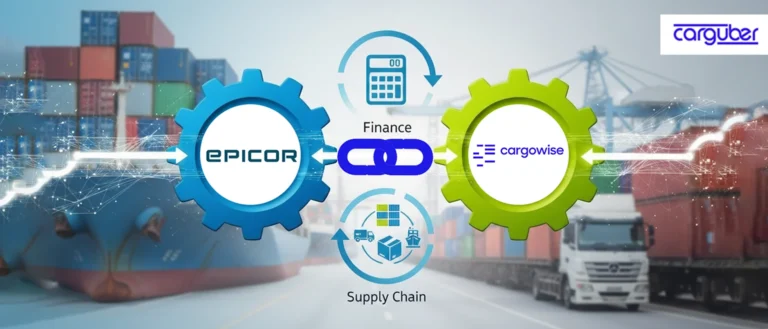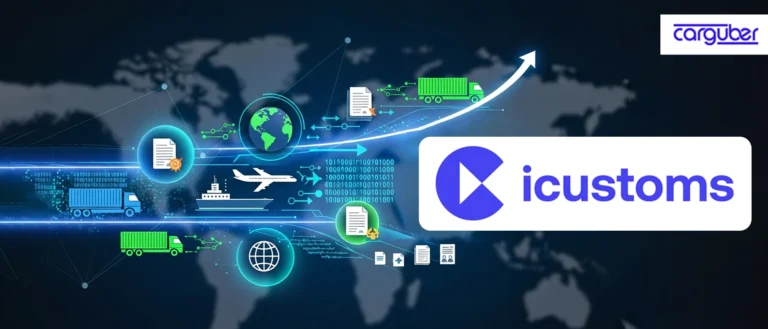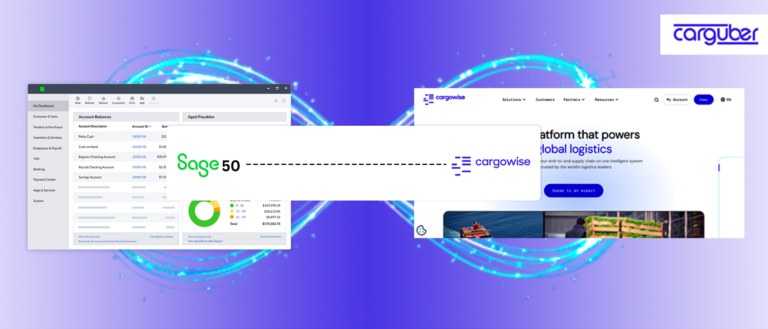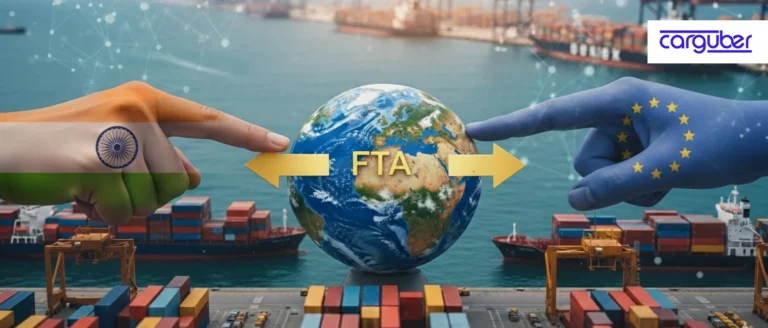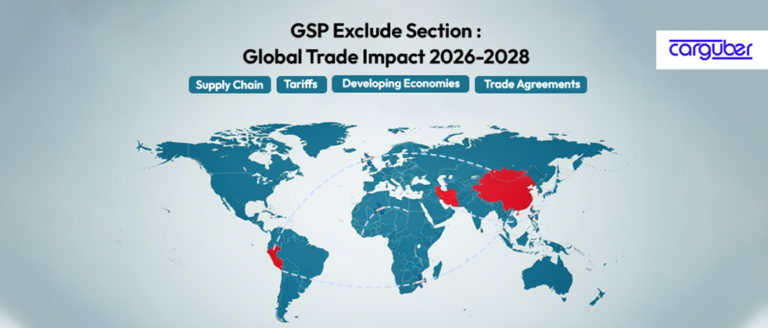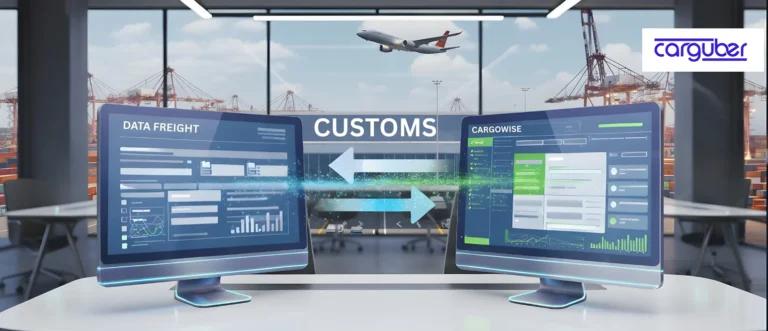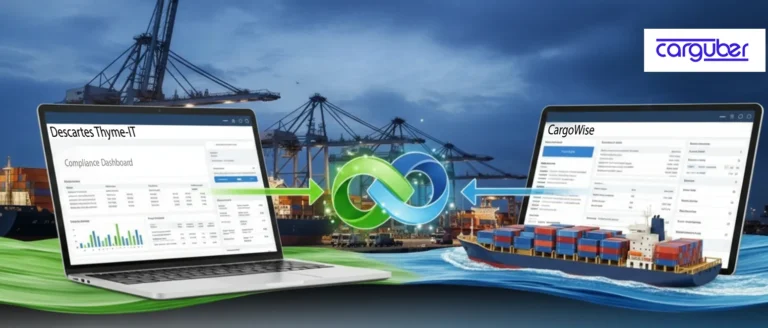What Does ASYCUDA System Integration Mean for Customs Integration?
Imagine attempting to move goods across borders while caught in paperwork, detained in long customs lines, or waiting days for permissions that should have been completed in minutes. You already know how annoying that can be if you work in the shipping, import, or export industry. ASYCUDA, a digital system created to simplify, expedite, and improve customs procedures, can help with that.
ASYCUDA (Automated System for Customs Data), created by the United Nations Conference on Trade and Development (UNCTAD), is more than just a software program. It is a comprehensive customs administration tool that aids nations in effectively managing their trade processes. ASYCUDA is transforming international trade through declarations, tariffs, real-time data exchange, and revenue collection.
The Core Purpose of ASYCUDA
ASYCUDA’s primary goal is to improve customs for the benefit of enterprises, governments, and the economy. It handles tax computations, keeps an eye on compliance, and automates the filing and processing of trade paperwork. It manages everything digitally, including accounting, warehousing, import/export declarations, and freight manifests.
ASYCUDA is not a platform that works for everyone. Because of its complete customization, it may be set up to comply with a nation’s regulatory requirements, tariff schedules, and customs rules. Additionally, it easily connects with other international trade systems due to its usage of international standards like ISO codes and UN/EDIFACT protocols.
The Significance of Customs Efficiency
It’s vivid that customs clearance can be a genuine pain if not done correctly. However, it is also one of the most crucial components of the global trade system. There are significant benefits to an effective customs administration:
- Boosts national revenue by ensuring all duties and taxes are correctly calculated and collected
- Helps enforce government trade policies at national and international levels
- Protects borders by catching fraud and stopping illegal or restricted goods
- Provides reliable trade statistics for smarter economic planning
- Encourages more international trade through faster and more transparent processes
Without a system like ASYCUDA in place, governments risk losing revenue, and businesses waste valuable time and resources on delays.
ASYCUDA’s Unique Features
What exactly can ASYCUDA do? A lot more than you might expect from a government tool:
- End-to-End Customs Coverage: From initial declarations to final clearance, ASYCUDA handles every step in the customs process.
- Document Automation: Say goodbye to endless paperwork, ASYCUDA generates, stores, and processes documents electronically.
- Trade Analytics: It automatically captures trade data, helping governments make informed economic decisions.
- Global Standards Compliance: Built on international norms like WCO, ISO, and UN codes, ASYCUDA ensures consistency across borders.
- Secure EDI Support: With electronic data interchange features, traders can submit documents directly to customs without delays.
How ASYCUDA Gets Implemented
1. Pre-Installation
UNCTAD experts begin by assessing the country’s political, technical, and administrative environment. Once the groundwork is laid, agreements are made and finance is acquired, which is typically a combination of national and donor contributions.
2. Implementation
This phase focuses on adapting customs procedures and documents to work within the ASYCUDA system. Hardware is installed, staff are trained, data standards are harmonized, and test runs are conducted before the full rollout.
3. Post-Installation Support
Once live, UNCTAD continues to offer system updates, software maintenance, and ongoing training to keep everything running smoothly and ensure long-term sustainability.
What Makes ASYCUDA Especially Valuable for Developing Nations
Revenue from customs can account for a sizable amount of the national budget in many developing nations. However, they run the danger of under-collection, corruption, or poor management due to outdated manual processes. ASYCUDA aids in bridging the gap between the two. It gives the customs procedure accountability, transparency, and organization.
Additionally, it makes these nations more competitive in global trade. Businesses have fewer delays, fines, and improved connections with international partners when approvals are quicker, documentation is more precise, and digital interactions are smooth.
ASYCUDA and You: Why It Matters in Logistics
If you’re a logistics company, freight forwarder, or trade compliance professional, working with countries that use ASYCUDA means your operations can benefit from smoother customs processing—if you’re integrated and prepared.
Many businesses today are building ASYCUDA compatibility into their ERP and logistics platforms through EDI and API integrations, allowing them to submit and track documents automatically, avoid costly delays, and improve shipment accuracy. Understanding how ASYCUDA works (and how your business interacts with it) is a smart step toward digital transformation in logistics.
Conclusion
Although you may not be familiar with the name ASYCUDA, it is quietly working in more than 80 nations to modernize customs procedures and improve the efficiency of trade. It benefits both governments and corporations, from enhanced revenue collection and compliance to expedited freight processing and improved trade data.
Therefore, ASYCUDA is a system worth understanding, and utilizing, whether your goal is to automate your customs files, enter new markets, or simply learn how to transport goods more effectively.
Want to explore how to integrate your systems with ASYCUDA or similar platforms? Approach our support & helpdesk, if your team is still using manual customs procedures or if you don’t know how to link with ASYCUDA for seamless trade management. Get in touch with us right now to discuss automation tools, API solutions, and integration techniques that can help you match your business with modern customs systems.

